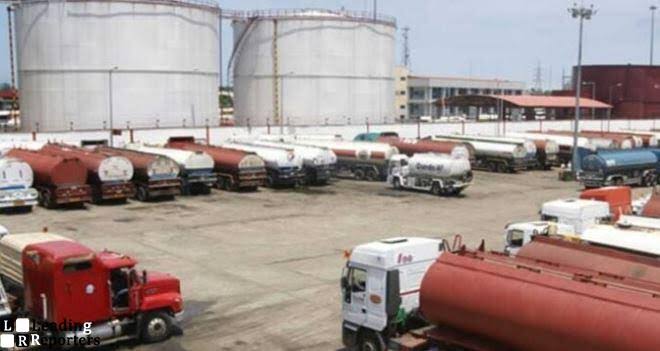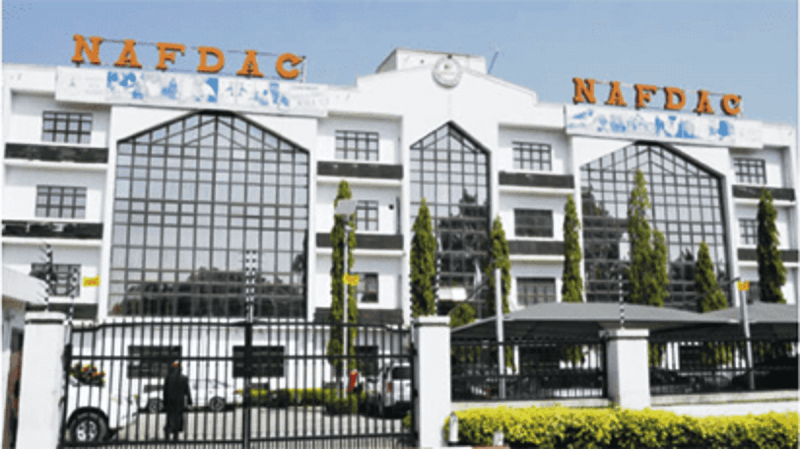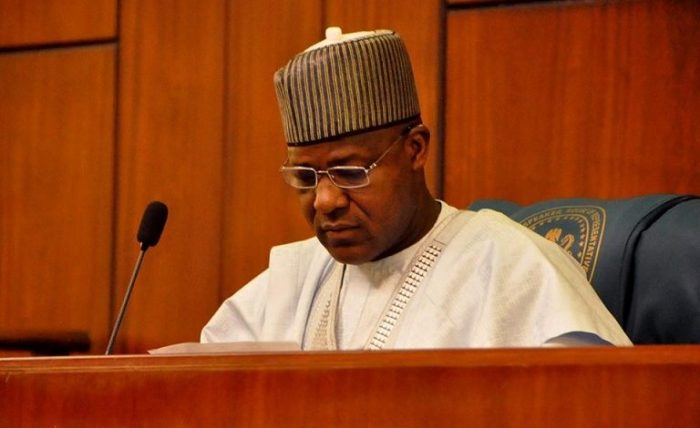Worried by the imminent food crisis predicted by agriculture experts, some stakeholders from the North-Central have urged the Federal Government to start importing food to avert the catastrophe.
Already, as a result of the current scarcity and high prices of foodstuff in the country, some of the stakeholders in the zone are taking measures to avert the crisis.
A survey conducted revealed such measures to include provision of farm inputs such as fertilizers and seeds, as well as implements to farmers to enable them grow more food crops.
They said that these steps would go a long way in boosting the supply chain and subsequently beat down prices of foodstuff in the market.
The Plateau State Commissioner for Agriculture, Dr Hosea Finangwai said government had put adequate measures in place to avert food crisis in the state.
Finangwai said that the state had devoted significant attention to expanding the horizon of farmers and providing them with farm inputs, seedlings, agro-chemicals and markets for their produce.
He said that in providing fertilizer to farmers, the Bokkos fertilizer blending plant in the state had been revived and was providing the commodity to farmers.
Finangwai said the state government had also been consistently subsidising seedlings and other farm inputs to farmers to encourage them to boost their production.
The commissioner said that the state was given the mandate to produce 30,000 metric tonnes of grains and it was able to do so because of the various enabling platforms provided.
“We produce to meet the demands; the Central Bank is there giving soft loans, while microfinance banks, corporate organisations are all helping, where necessary to enable farmers to produce.
“We have about 450 registered cooperatives aimed at encouraging farmers to come together to learn good agricultural practices. So, many farmers have accessed these loans on various platforms,” Finangwai said.
He said the government had also recruited 400 extension workers and deployed them to the 17 local government areas of the state.
Finangwai said that the state was declared as a wheat and barley centre of excellence after research by the Lake Chad Research Institute showed that 18 varieties of wheat could be cultivated in the state, and farmers had been trained on that.
Mr Rotkang Gukas, Chairman, All Farmers Association of Nigeria (AFAN), Plateau chapter, on his part, urged the Federal Government to urgently address the current security challenges in the country to enable farmers to work on their lands without fear of being attacked by criminals.
Gukas said this would help in boosting food production and averting the imminent food crises.
In Benue, Mr Francis Yongo, State Chairman, Confederated Forum of Rice Farmers, says members of the union were leaving no stone unturned in order to increase food production, particularly rice.
Yongo said that most of them had started harvesting their crops which were huge.
“With the efforts put in by farmers in the state, I am pretty sure that we will not experience acute food shortage,” he assured.
Mr Emmanuel Ade, an agriculture expert in the state, advised both government and rich individuals to buy and store foodstuff, now that farmers had started harvesting their crops.
“If this is done, it will go a long way in tackling wastages, which is usually experienced during harvest.
“During harvest, the tendency to waste the yields is always there because they usually have enough and the excess will not be properly preserved for the future.
“But, if government or rich individuals buy and preserve the excesses, the challenge of post-harvest losses will be nipped in the bud and food crisis will be prevented,” Ade said.
In Lafia, Nasarawa State, Mr David Omadachi, Manager of Lafia Silos Complex, disclosed that the facility had over 16,000 metric tonnes of different varieties of grains prior to the COVID-19 pandemic.
Omadachi added that over six metric tonnes of the grains were released to the Federal Government during the period, for distribution to Nigerians as palliatives.
He said the gesture was aimed at cushioning the effects of the pandemic on the people.
“We do not distribute the foodstuff to Nigerians directly, we usually give them to the National Emergency Management Agency for onward distribution on the directive of the Federal Government,’’ Omadachi said.
He added that the capacity of the Federal Government owned Lafia silos was 25,000 metric tonnes, while the management started stocking the facility since 2019 with millet, Sobo, maize and garri.
Dr Ofomata Ikechukwu, Coordinator of Federal Ministry of Agriculture and Rural Development in the state, told NAN that the Lafia Silos was fully operational.
Ikechukwu said grains of different varieties were stored in the silos in case of any eventuality.
On the distribution of farm inputs to farmers, the coordinator said farmers were given adequate inputs to ensure bumper harvest and guarantee food security in the country.
Ikechukwu said farmers were given soft agricultural loans and inputs such as seedlings, fertilizer and ruminants.
He said the Federal Government was working hard in ensuring that more farmers, especially those in rural communities, benefitted from the government’s intervention.
On his part, Samuel Meshi, Chairman, All Farmers Association of Nigeria (AFAN) in the state, blamed the regular increase in prices of foodstuff in the country on insecurity.
Meshi appealed to governments at all levels to expedite efforts to secure lives and properties, especially in rural areas, to enable farmers go to their farms freely without being attacked.
He also urged philanthropists to build silos for storing food items, not necessarily to make profit, but to save the country from food crises.
Meanwhile, the Niger State Commissioner for Agriculture and Rural Development, Alhaji Haliru Jikantoro, has urged governments at all levels to provide women farmers with “gender friendly equipments and inputs’’.
Jikantoro said this would increase agricultural production and ensure food security, since greater number of the farmers in the country were women.
“There is the need for governments at all levels to provide our women farmers with gender friendly equipment and inputs since they are the majority among our farmers,’’ he said.
The commissioner also expressed the need to support the rural women farmers because the prices of inputs such as fertilizer had increased, while farm implements such as tractors were imported and out of their reach.
“The tractors are very costly, even when they get it locally, the cost of hiring one is on the high side,” Jikantoro said.
He advised the Federal Government to allow free importation of tractors.
“What the Federal Government need to do in order to avoid food crisis is to allow free importation of agricultural machines to achieve mechanised farming.
“There is also the need to encourage our local industries to manufacture simple machines such as the power tillers, planters and others,” Jikantoro said.
He said that the measure would encourage women and the youth to take agriculture as a business, adding that, “gone are the days when women participated in processing alone”.
The Commissioner said government needed to tackle bandits who had converted the fertile lands in the forests to their safe haven, thereby preventing farmers from accessing their lands.
“The bandits attack the farmers, especially the women farmers, which has reduced agricultural production drastically,” he said.
Jikantoro said that the farmers needed to be sensitised on climate change in order to avoid losses emanating from flooding.
“The farmers should be sensitised and provided with equipment to read the weather properly,” he said.
Jikantoro lauded the various Federal Government intervention programmes such as the Anchor Borrowers Programme, FADAMA, International Fund for Agricultural Development, Value Chain Development Programme for cassava and rice, among others.
He expressed the need to support the farmers more, so as to enable them sustain their activities.
Jikantoro said the Niger Government was doing everything possible to support the various agricultural intervention programmes of the Federal Government to succeed in the state.
He assured women farmers that the state government would give priority to their demands.
“We are already discussing with women farmer groups on how to support them.
“My ministry has provided a temporary office accommodation for them and we have also given them preference in the distribution of inputs for the wet and dry season farming,” Jikantoro said.
Alhaji Sulaiman Baffa, a foodstuff dealer in Taraba State urged the Federal Government to allow importation of foodstuff so as to avert the looming production deficit in the country.
Baffa observed that flooding and other social factors were militating against enough food production, thus creating fear of food shortage in Nigeria.
The grains dealer said importation of foodstuff would boost the supply chain and crash the high prices of food items.
Baffa explained that the current demand for foodstuff had overwhelmed production and supply, thus giving rise to increase in prices of the commodities.
He however, commended the government for its efforts at ensuring food security in the country.
Baffa specifically lauded the government for supporting farmers with farm inputs as well as loans to enhance food production.
Dr Bitrus Nyagba, Head of Department of Crop Science at Taraba State University, Jalingo, urged the Federal Government to double its efforts at elevating smallholder farmers to mechanised farming system.
Nyagba said such gesture would enhance food production in the country.







